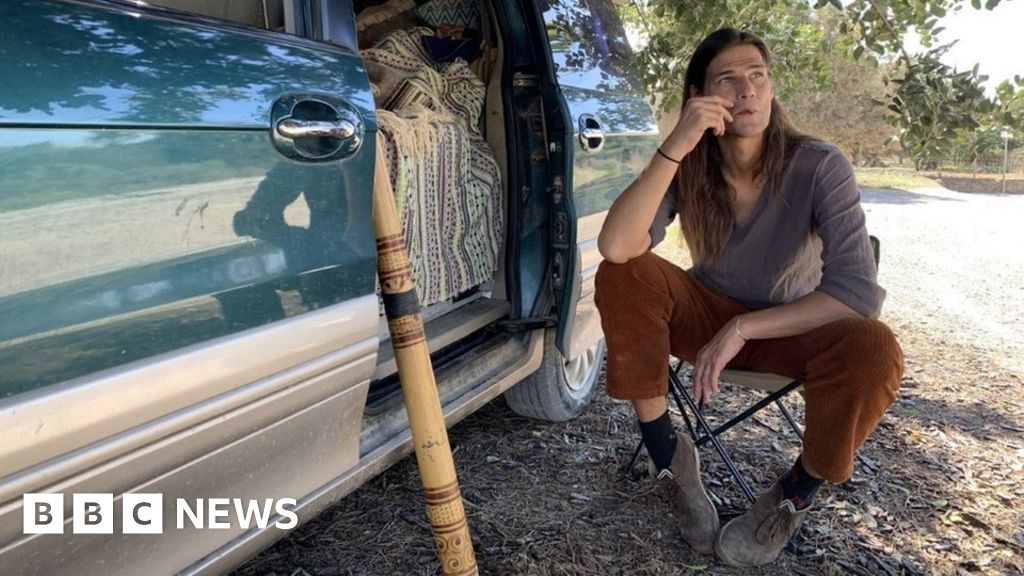- cross-posted to:
- worldnews@lemmy.ml
- cross-posted to:
- worldnews@lemmy.ml
César Nebrera pours out a cup of coffee he has brewed on a stove in the boot of his car. The old green Kia saloon sits in the shade of a carob tree just off the main road near Ibiza Town.
“I miss the basic things that make life comfortable, like being able to stand up in your own home, being able to cook properly, or even open a drawer and pull out some socks,” he says.
“Those are the kinds of things that you miss out on when you live in a car.”
César’s Kia has been his home for the past three years. He works as a chef, but with rental costs on the Spanish island of Ibiza having spiralled, he cannot afford to live in a flat.
“In Ibiza, accommodation is very expensive, and it’s getting more and more expensive,” he says. “And the cost of renting is completely out of kilter with what you earn. So living like this is an alternative. It’s less comfortable, but it allows me to keep living on the island.”
Ibiza is one of the four main Mediterranean islands that make up Spain’s Balearic Islands. The others are Majorca, Menorca, and Formentera.
Many local professionals in Ibiza are living in similarly precarious conditions because of high rental costs. Last year, the IGC, a representative body of the civil guard police force, said that “three or four” of its officers were living in vehicles on the island.
Other locals have resorted to living in tents, or in extremely basic shared accommodation.



Honestly, locals should just leave. Places there will quickly realize if they want to continue operating there they will have to pay what is a livible wage for the area.
Until someone stops doing their laundry, cooking their food, or doing the gardening, they might never realize how untenable their situation is.